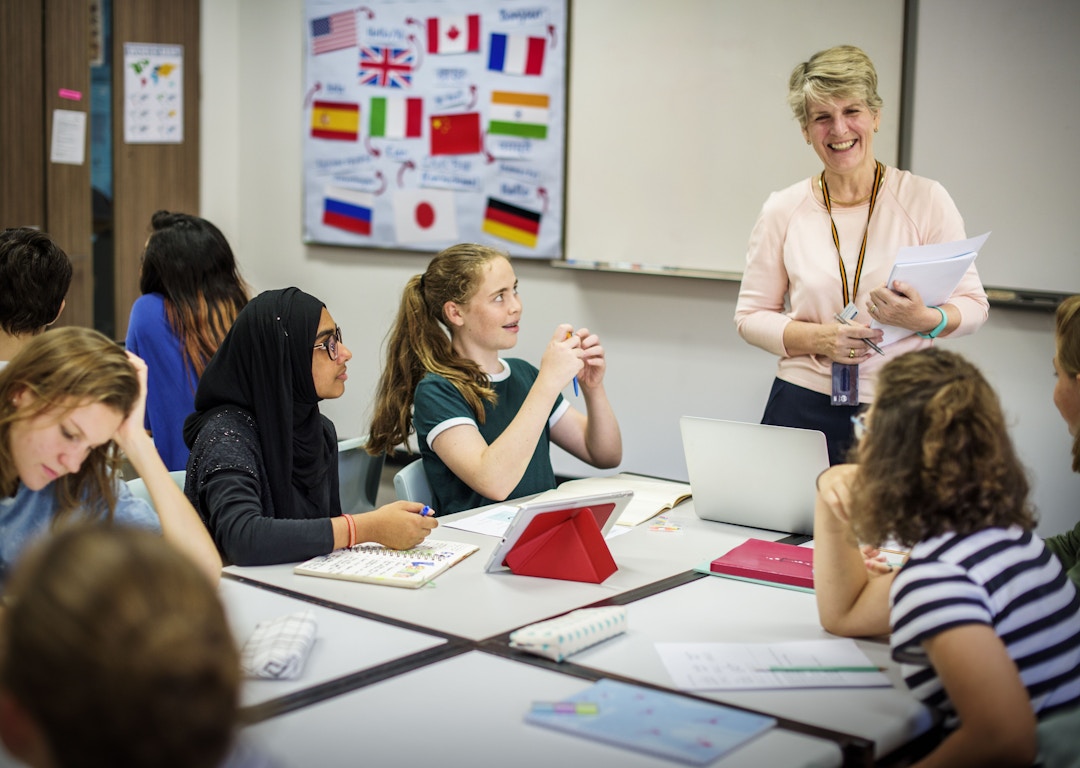Gardner’s Multiple Intelligences and the European Key Competences in Foreign Language Learning.
November 28, 2023 at 6:21 PM – 6 min readHoward Gardner's Multiple Intelligences Theory argues that there are multiple types of human intelligence, each representing different ways of processing information. These intelligences include linguistic, logical-mathematical, spatial, bodily-kinesthetic, musical, interpersonal, intrapersonal, naturalistic, and existential intelligence (SlideModel).
The European Key Competences, on the other hand, are a set of knowledge, skills, and attitudes that all individuals need for personal fulfillment, sustainable development, active citizenship, social inclusion, and employment. These competences include communication in the mother tongue, communication in foreign languages, mathematical competence, basic competences in science and technology, digital competence, learning to learn, social and civic competences, initiative-taking and entrepreneurship, and cultural awareness and expression (EUR-Lex).

The link between the two lies in their shared aim of fostering holistic, well-rounded learners. Both frameworks recognize that effective education goes beyond traditional academic skills to include broader areas of human capability. For instance, Gardner's interpersonal and intrapersonal intelligence align with the European Key Competences' emphasis on social and civic competences, while his linguistic and logical-mathematical intelligence correlate with the competences related to communication and mathematical competence respectively (JIPED). Thus, both models offer a more comprehensive view of human potential and learning capacity.
Personal, Social, and Learning to Learn key competence/ Intrapersonal, Interpersonal Multiple Intelligences
Language learning promotes positive intercultural communication and a better understanding of other cultures and worldviews. This global awareness helps students develop empathy and create meaningful connections with others from diverse backgrounds. From a personal perspective, language learners gain greater self-confidence and are able to develop their communication skills, while also becoming more aware of their culture.
Mathematical, Science, Technology, and Engineering Competence/Logical, Mathematical Intelligence
Language learning also affords students the opportunity to exercise their mathematical intelligence when they learn numbers and then subsequently move on to higher-order thinking tasks such as reading numerical charts and graphs, telling time, and analyzing statistical data in the target language.
Digital Competence/ Logical-Mathematical Intelligence
With its vast array of tools and opportunities, the Internet provides learners with the chance to develop practical skills through activities such as international video calls and discussion forums with native speakers. Moreover, this way of learning languages allows students to develop important technological competences such as researching information online and navigating virtual environments and tools such as chatbots, translation applications, and online language platforms.
Citizenship Competence/ Interpersonal and Intrapersonal Intelligence
Researchers Hanh Thi Nguyen and Guy Kellogg have shown that when students learn another language, they develop new ways of understanding culture. Their research shows that “learning a second language involves the acquisition not only of linguistic forms but also ways of thinking and behaving.” Even young students can begin to develop the capacity to critically think about similarities and differences between various cultures related to food, appearance, and conversation styles.
Entrepreneurship Competence/ Logical-Mathematical, Personal and Intrapersonal Intelligences
Several of the project-based assignments students complete in the world language classroom, especially at the higher proficiency levels, are meant to prepare students for higher-order tasks they will encounter in the future. Mock job interviews, college acceptance interviews, and research presentations in the target language all serve the dual purpose of providing students with real-life tasks while building proficiency. The Entrepreneurship competence is no different in this regard, in that students will need to acquire skills such as risk-taking, identifying needs, problem-solving, and innovation.
Written by Daniel Martínez
- February 14, 2024 – 8 min read
Anyone involved in the educational space knows that teaching is challenging, regardless of the students’ age levels. It is for this reason, among others, that many educators work towards their PhD such that they might one day teach adults and thus no longe...
- September 1, 2023 – 4 min read
As a profession that has historically struggled to receive the respect it deserves, teaching has gained significant attention since 2020. Between a nationwide teacher shortage and buzzwords like “teacher burnout” entering our daily lexicon, people are beco...





